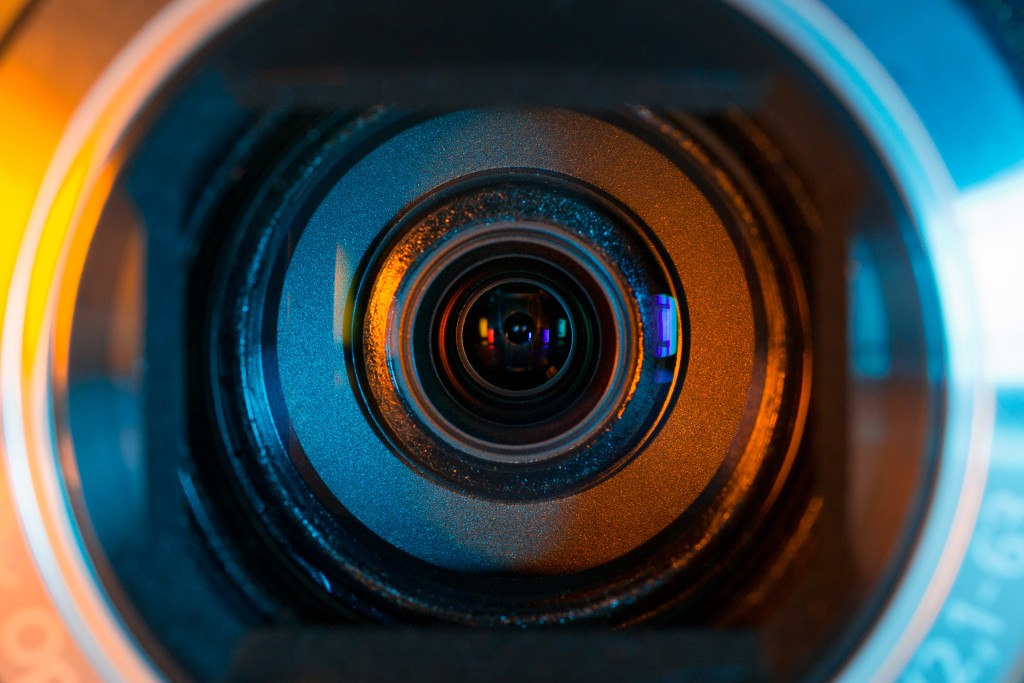In almost every facet of our lives, we use cameras to take photos of our experiences, travels, and portraits. Whether you’re on vacation with your family, going out clubbing with friends, or only catching with a friend, selfies are known for being a tried-and-tested way of showing to the world that you were there time with others.
A Digitalized World
Since we live in a digitalized world, almost everyone has a smartphone with a camera. As of 2019, there are around 5 billion individuals around the globe who have smartphones. That is influenced by the fact that smartphones have a plethora of different, uses which range from calling, entertainment, and recording events as they happen.
Almost every year, there’s bound found to be new features on your camera. Some of the latest features include wireless charging, facial recognition, and sometimes gearing your search engine to your needs. Most of these features are heavily influenced by algorithm and programming, an intricate set of codes that tells it what it needs to do. Some of these algorithms for search engines are used to increase engagements in websites. SEO companies are revolved around giving these websites the publicity that they need.
For new phones that are predominantly designed around its camera, most companies have added an A.I. Camera feature. But what is A.I.? Is it just another marketing scheme that’s targeted to the general public? Or is it an ingenious technological marvel that can have potential in the long run?
We’ll be answering some much-needed questions on how A.I. cameras work.
How Does an A.I. Camera Work?
 As humans, we are aware that we have our four known senses: visual, auditory, touch, and smell/taste. But out of all these senses, we usually rely on our sight, especially when navigating our surroundings. Not just that, but most of the work that we do will depend on it.
As humans, we are aware that we have our four known senses: visual, auditory, touch, and smell/taste. But out of all these senses, we usually rely on our sight, especially when navigating our surroundings. Not just that, but most of the work that we do will depend on it.
As a sense, sight has a significant impact on our lives that 80% of the things that we remember are based on our visual perception of our memories, with the other 20% being hearing. It’s no wonder by photo albums are such a hit, especially when we want to remember some parts of our childhood.
We usually learn from the things that we see. In a digitalized age, computers and systems can learn from the information you give them. But A.I. cameras aren’t necessarily something that’s out of a science fiction movie; they’re designed to compensate for the small size of smartphone cameras and the large lenses found in DSLR cameras. However, most of the programming for A.I. cameras will vary, usually based on the brand.
A.I. cameras have a reasonable amount of knowledge on the basics of photography. These features include sharpening blurry images, following the conventions of photography, such as the rule-of-thirds, and adjusting the ISO and sensitivity based on the surrounding lighting.
That is especially useful for most individuals who are traveling and don’t necessarily have the time or energy to be editing every minute detail of images.
How Does This Help with Our Lives?
It might be true that A.I cameras can help shorten the timespan needed to edit photos, but there is potential with A.I cameras in different industries. Artificial intelligence has made a considerable impact on our lives. But the most significant contribution that A.I. cameras have on our daily lives is that it’s used for security and surveillance purposes.
Some law enforcement agencies around the world will also use data from A.I. cameras and phones to I.D. individuals and potential suspects with facial recognition devices, which is usually something that most new smartphone cameras have.
However, some individuals might think that their cameras might become sentient, but this isn’t necessarily true as most A.I. cameras are only designed to distinguish faces, fix out-of-focus photos, create bokeh effects, and discern the level of depth. In reality, we are far from unlocking the full potential of artificial intelligence or even features for an A.I camera. One thing is still sure: technological innovations are yet being developed at an unprecedented rate, and we’re bound to get newer features in the future.
In summary, A.I. cameras are almost the same as every other camera out there but contain extra features that can assist you in increasing the quality of your shots. The characteristics of an A.I. will vary, depending on the smartphone’s brand and how the camera is designed to act. Of course, newer cameras will have “smarter” cameras and will have even more features.
